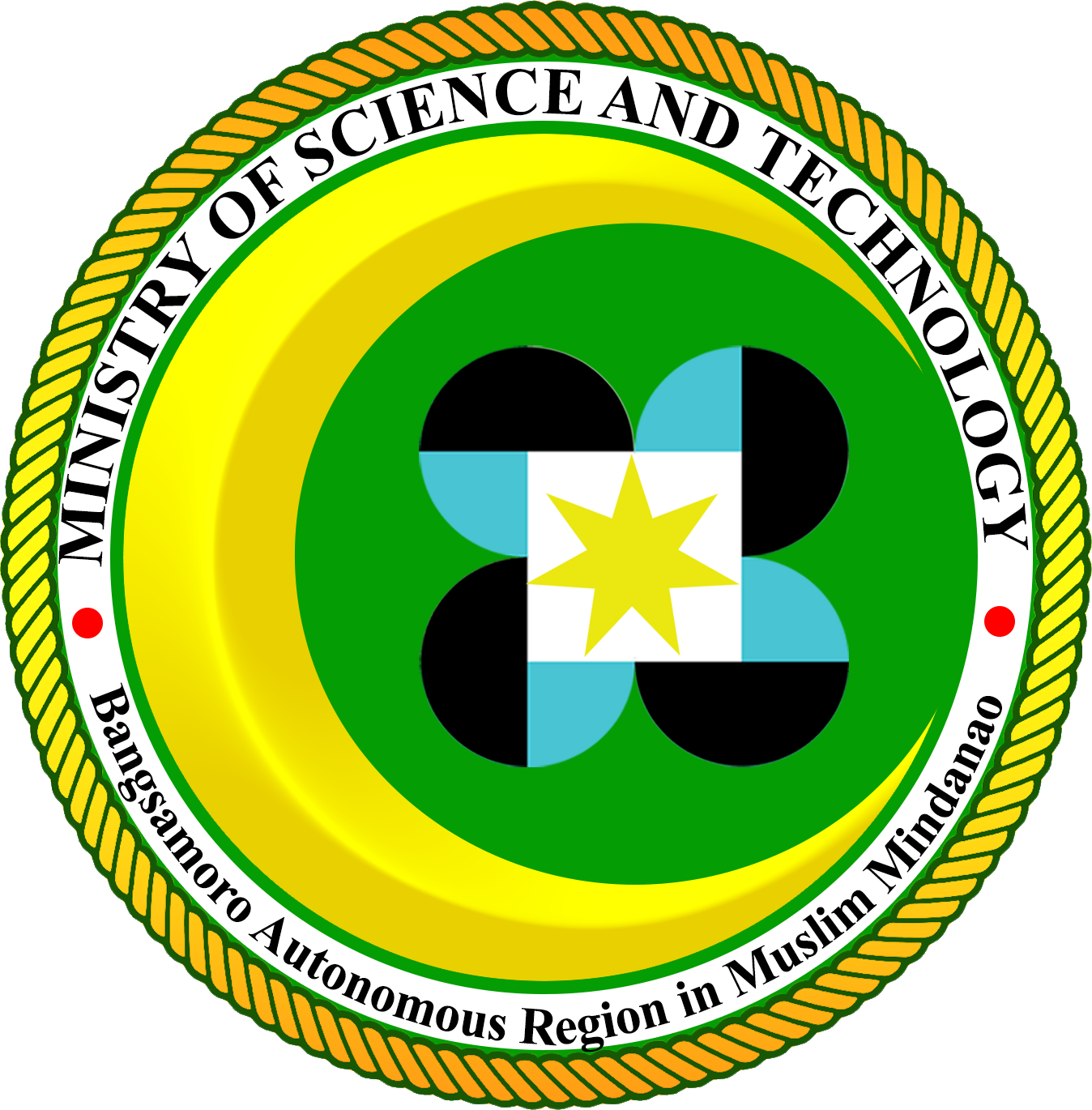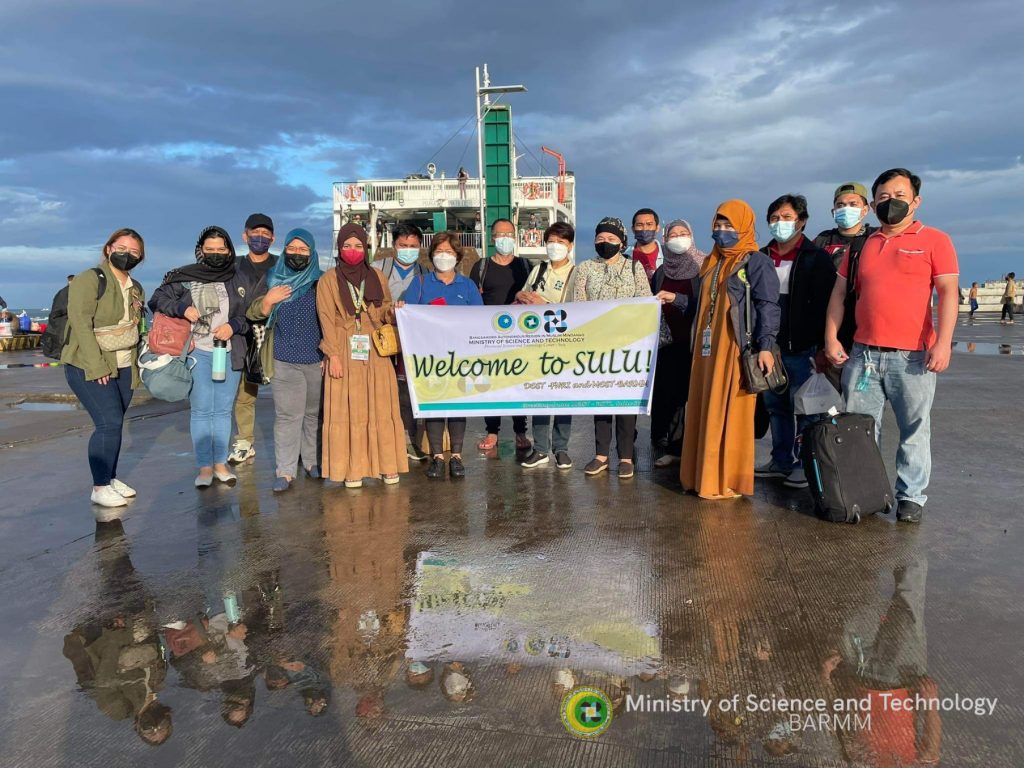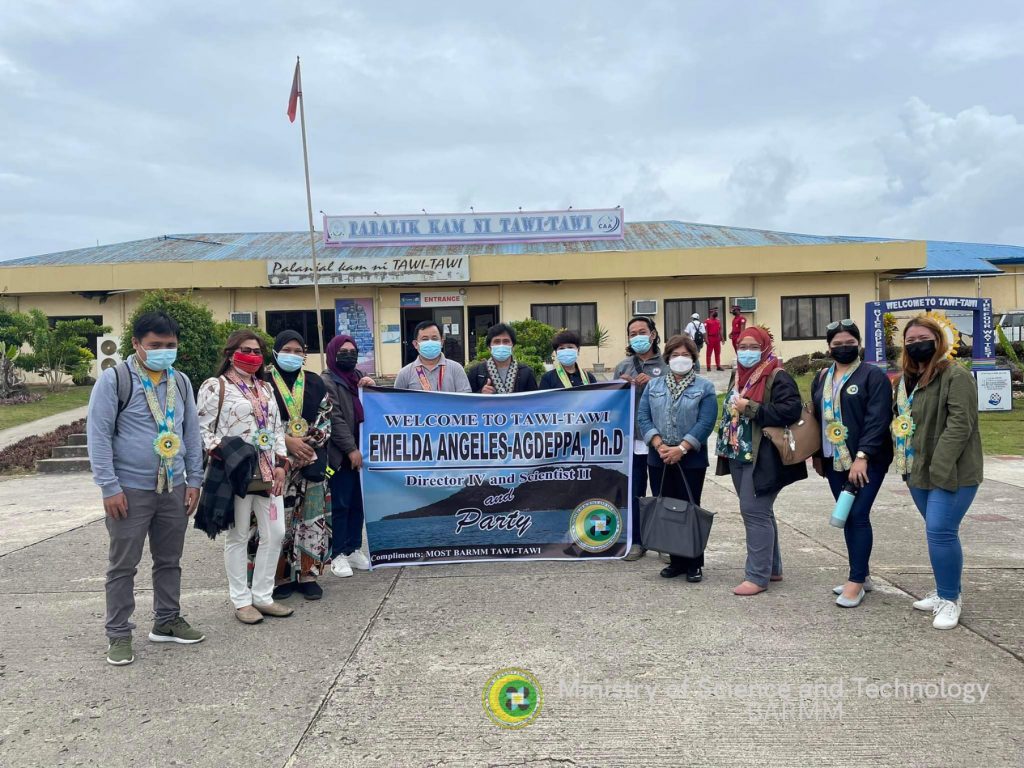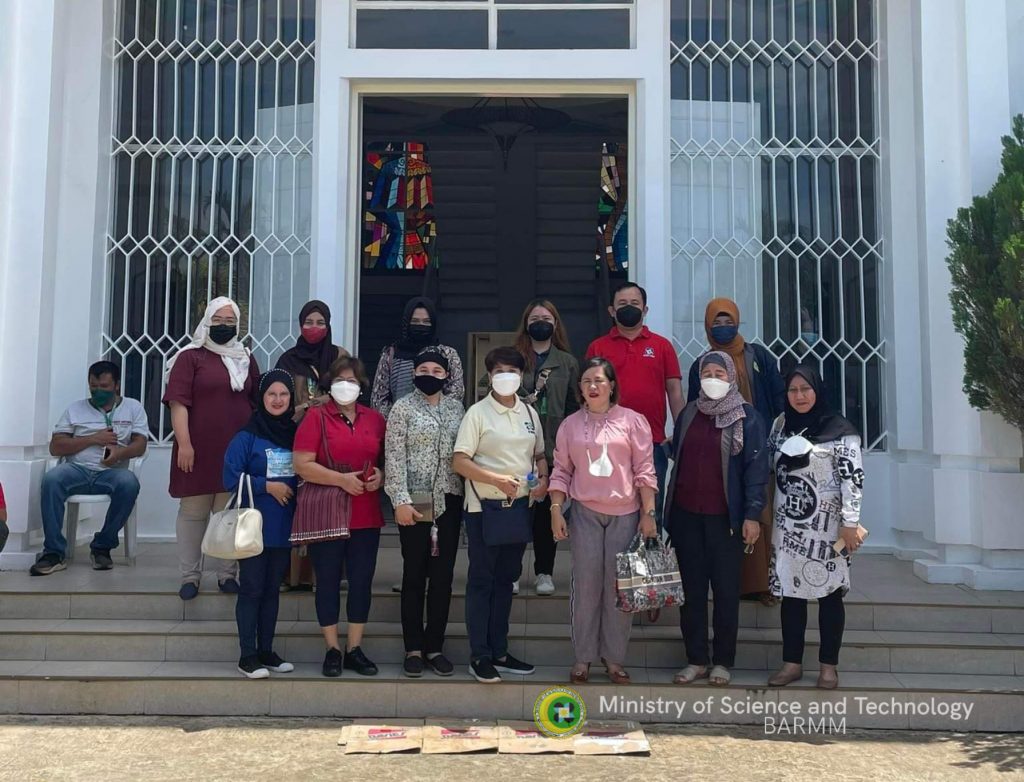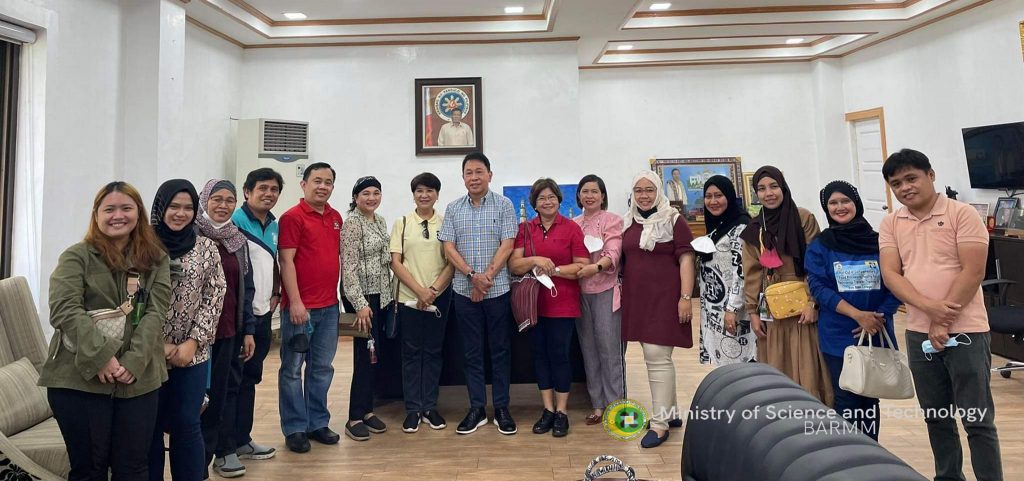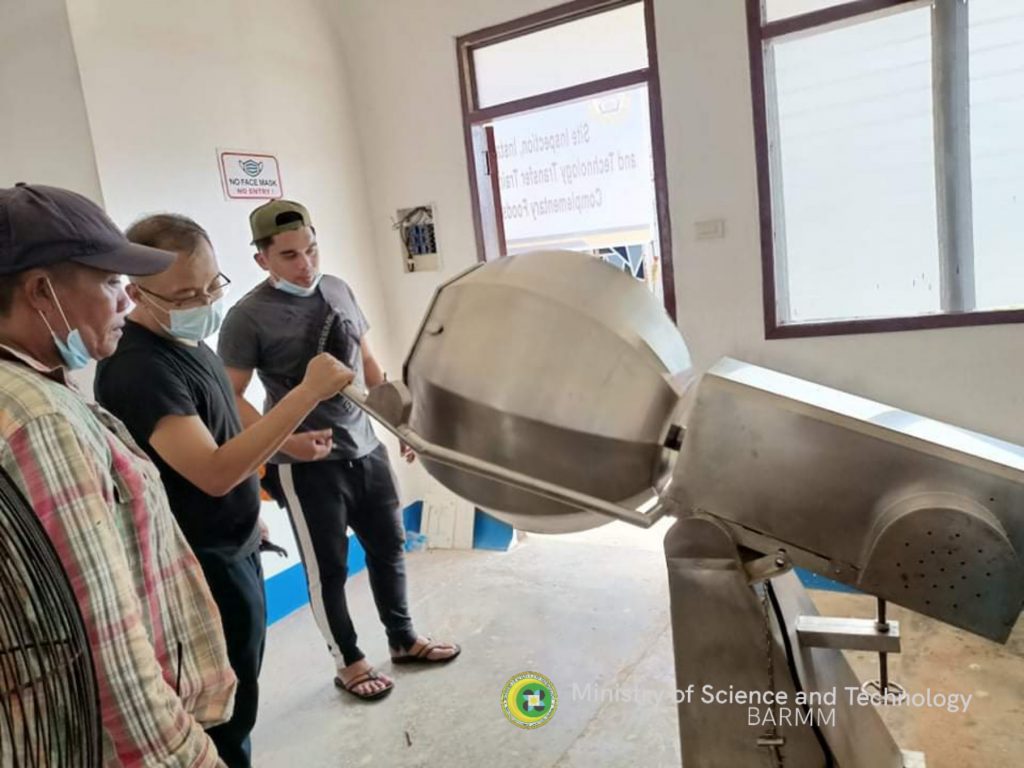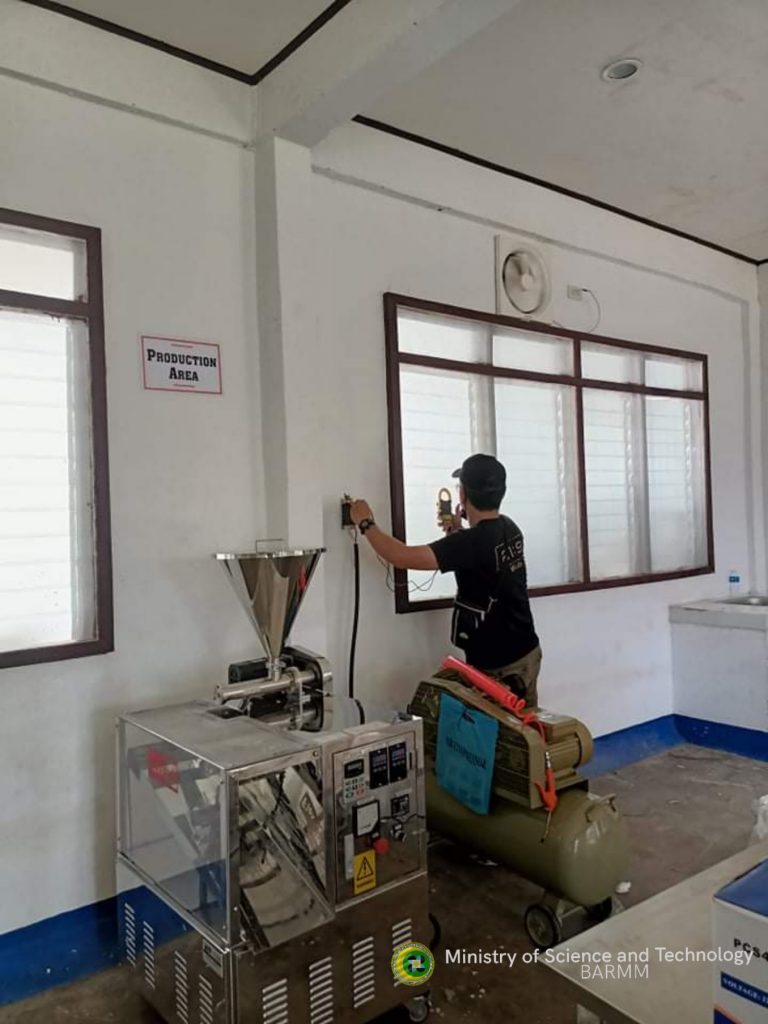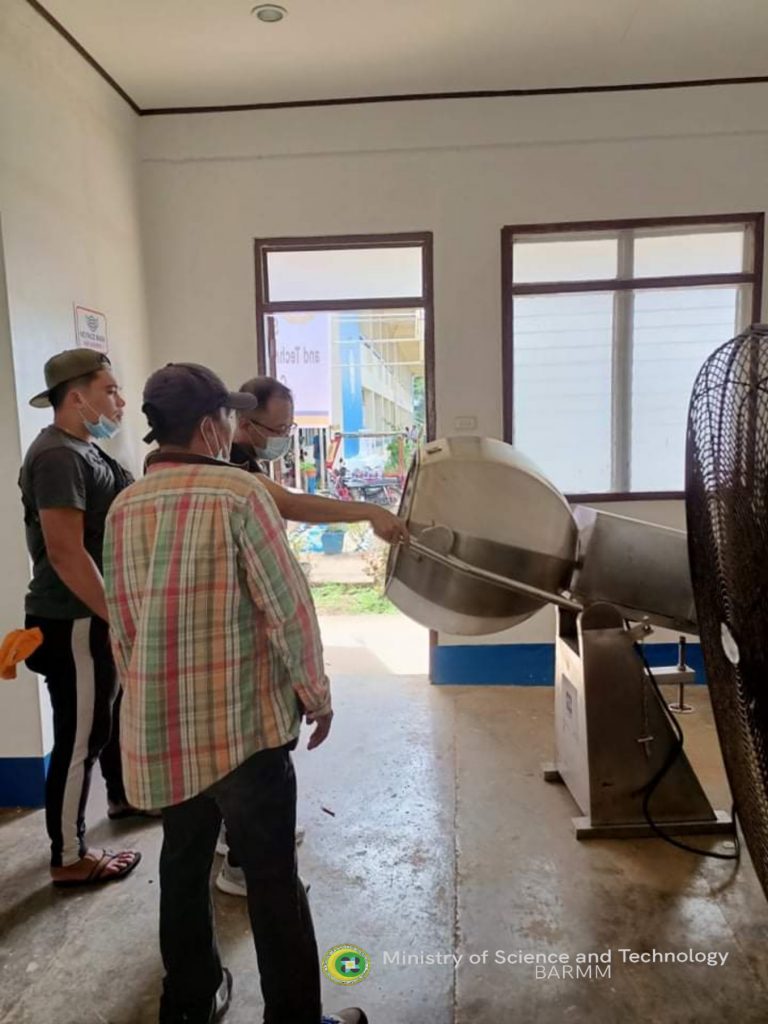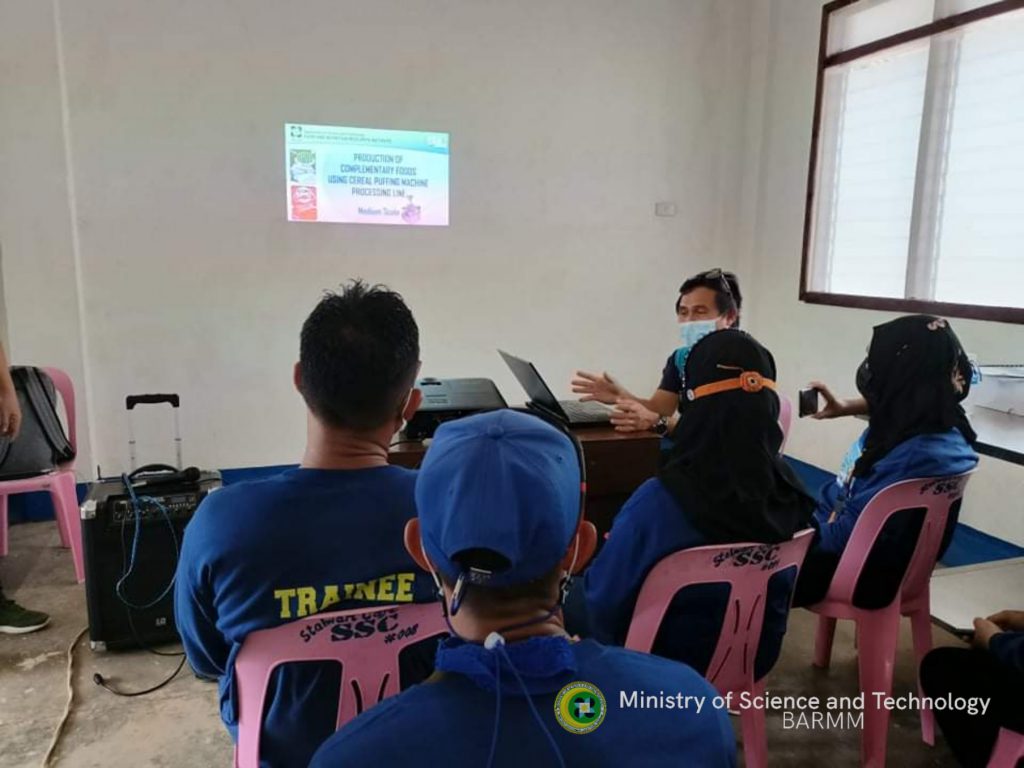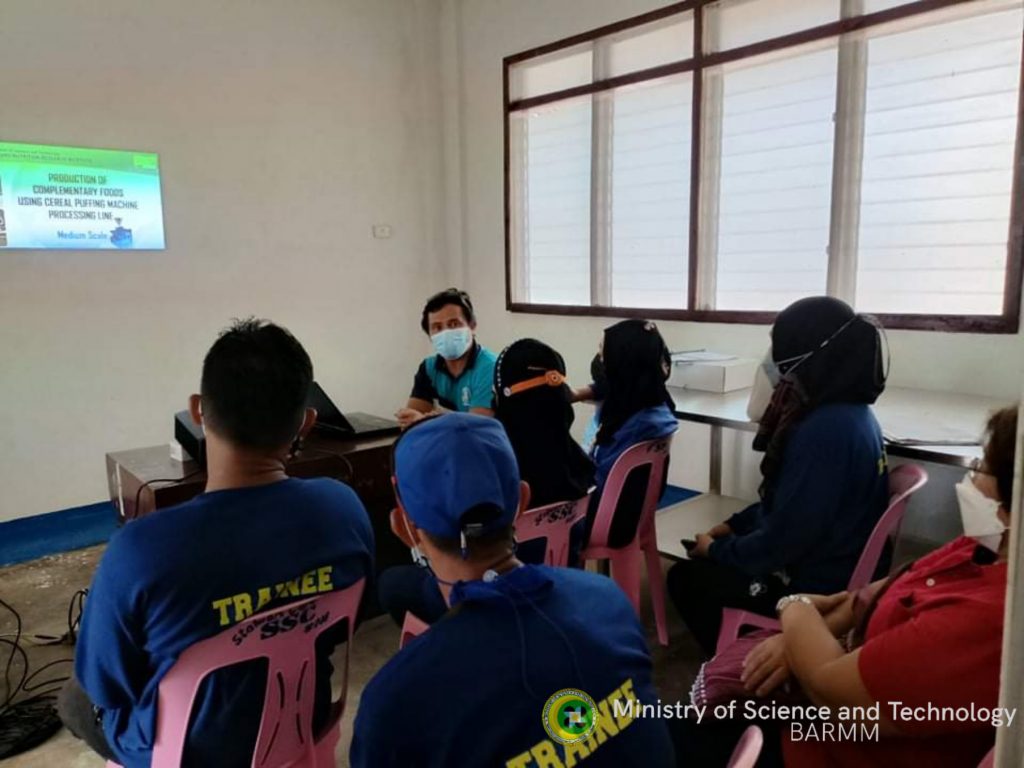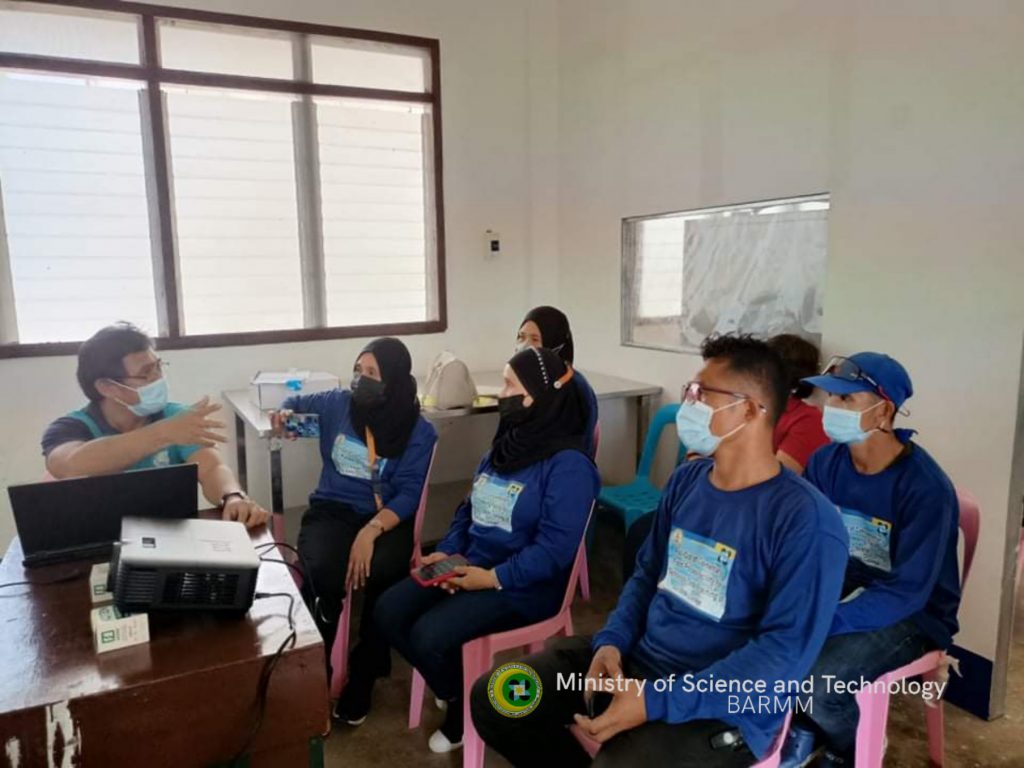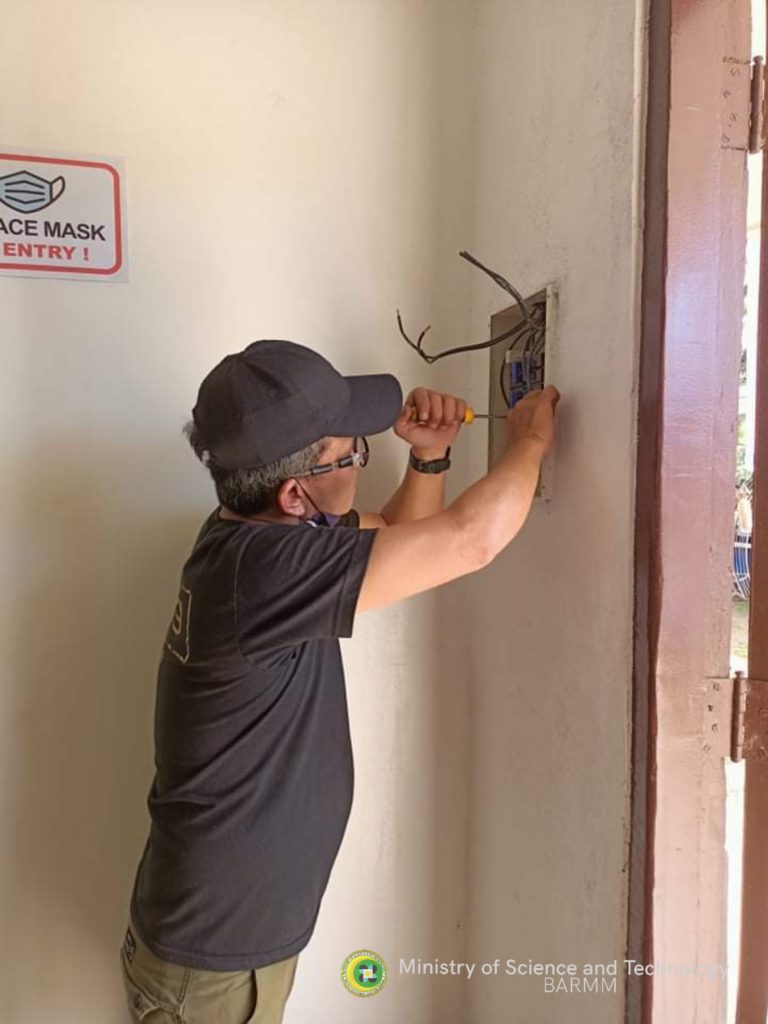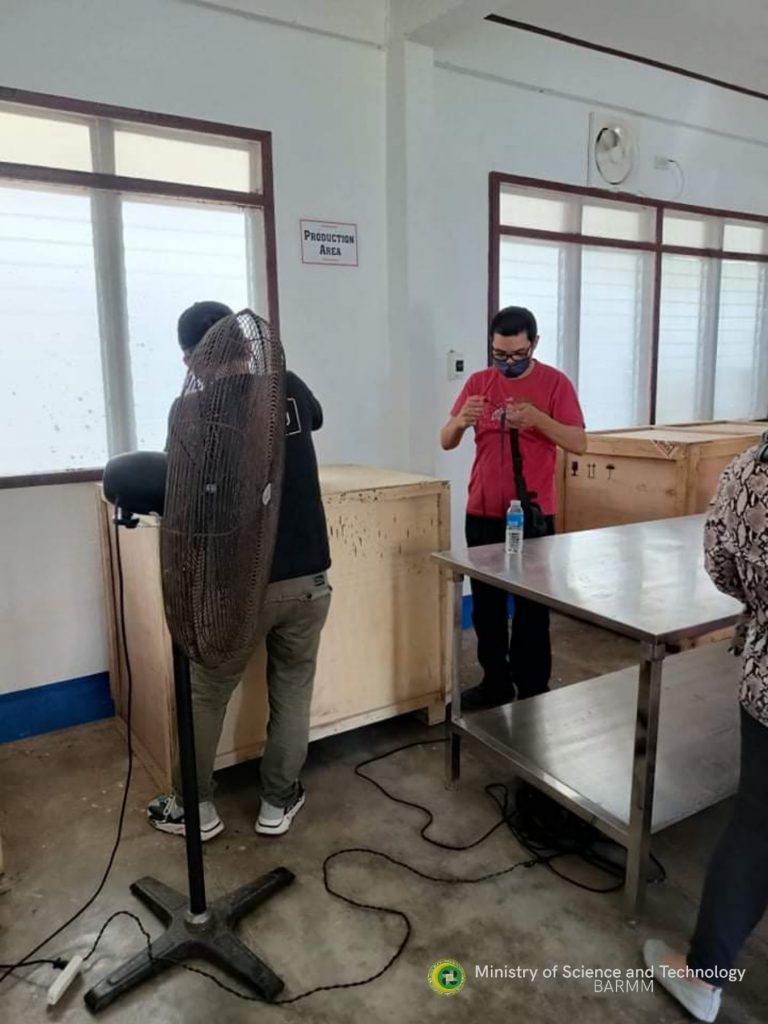Bangsamoro, Philippines — The Ministry of Science and Technology (MOST) and the Department of Science and Technology – Food and Nutrition Research Institute (DOST-FNRI) conducted a site visit, inspection, and test run of equipment in the region’s two complementary food facilities from February 28 to March 3, 2022.
Located at Sulu State College, Jolo, Sulu, and Local Government Unit (LGU) Panglima Sugala, Tawi-Tawi, the facilities are expected to operationalize this year.
Aside from site-visit, they have conducted technology transfer training aiming to capacitate staff in the facility area on the use of processing equipment producing complementary foods.
In a Facebook post, the Sulu State College was thankful for the technology transfer training.
“The successful conduct of DOST-FNRI’s site visit and inspection, installation and test run of equipment, and technology transfer training on production of complementary foods in Sulu State College is first ever in Sulu. We would like to say thank you to the DOST-FNRI for giving us opportunity having this training.” SSC posted.
The implementation is under the DOST-FNRI’s Malnutrition Reduction Program (MRP) Project 1: Roll-Out of Complementary Food Processing Facility helps fight the high incidence of malnutrition in the country.
Complementary Food Processing Facility seeks to help fight the high incidence of malnutrition by providing a community-based Food Processing Plant to produce complementary foods for the malnourished children of Sulu, Tawi-Tawi, and neighboring communities in the BARMM Region.
The food processing facilities in Sulu and Tawi-Tawi will produce Rice Mongo Curls, Rice Mongo Instant Blend and other complementary foods.
Furthermore, the production of nutritious complementary foods is also part of MRP supported by 17 DOST Regional Offices nationwide.
DOST-FNRI led a roll-out implementation of complementary food production to priority regions nationwide with its banner name DOST PINOY (Package for the Improvement of Nutrition of Young Children). It includes technology adoption of complementary food for free, provision of production equipment and technical assistance, and advocacy campaign through nutrition education.
These undertakings aimed to reduce malnutrition and improve the locality’s health and nutrition status.
DOST-FNRI Director Imelda A. Agdeppa, DOST-IAS Director Maria Teresa De Guzman, DOST FNRI Team Mr. Alexis Ortiz, Engr. Charlie Adona, Mr. Filoteo Ponte, Ms. Naomi Solis, Ms. Janel Eder participated in the activity. MOST BARMM Regional Office staff Ms. Bea Unggui-Midtimbang, Ms. Aleyyah Abdul and MOST BARMM PSTC Sulu and Tawi-tawi Staff, PD Shirmal Mudjahirun, Fatima Nadiera, Nurisa Julpa, Wadza Amilasan, LGUs, CFP staff also joined.
AOM-ICS
